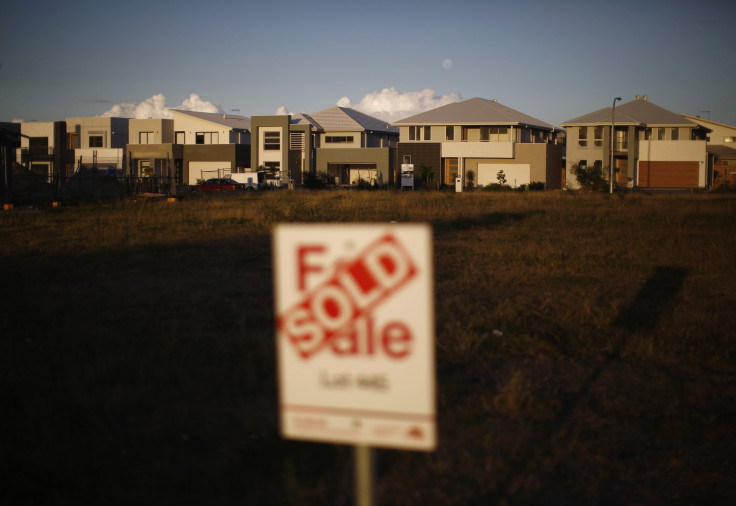House price growth rate falls to lowest since 2012

Australian house price growth will soon record the slowest pace in three years, shows a report published by SQM Research. As experts warn of Australia running into a recession, the alarming price surge will cool down with market rents being squeezed up towards the end of the mining boom.
In its latest "Housing Boom and Bust Report," SQM says price growth in Sydney will rise up to 9 percent as compared to a growth of 18.9 percent recorded over the last year. The research forecasted that average capital city prices will rise between 3 percent and 8 percent, a sharp downturn from the 9.8 percent record over the last 12 months.
While prices in Perth are all set to rise between 4 and 7 percent, Darwin will record a rise of 2 to 6 percent. Melbourne’s price rise goes above Sydney, with a record of an 8 to 13 percent rise. Similarly, prices in Hobart and Brisbane will also rise but at the lowest.
"We forecast the national residential housing market will slow down in 2016, predominantly as a result of a slowing Sydney housing market," said SQM Research managing director Louis Christopher. This record is slower than the period of housing boom reported in 2013.
Other important contributing factors include the tightening of lending rules by the Australian Prudential Regulation Authority (APRA), interest rate hikes by major banks and the slowdown in the economy. SQM also predicted that the rental market will ease, with price rises expected to remain between 0 and 3 percent.
In addition, Domain group has declared a sharp plunge in the current auction clearance rate, which has also touched its lowest in three years. The rate dropped from 70 percent recorded over the last weekend to 65.1 percent on Saturday.
"One of the key risks to the housing market over the medium to long term is the looming threat of global deflation, and this is quite a danger to our markets here given the level of debt in the housing market right now, which we note has risen again against incomes over the course of 2014-2015 to be at all-time highs," Christopher noted in the report.
Many economic forecasters have warned that the current property market record was a hit to Australian household wealth as prices could fall even lower, leaving the broader economy at risk in a post-mining boom transition.
Contact the writer at feedback@ibtimes.com.au, or let us know what you think below.






